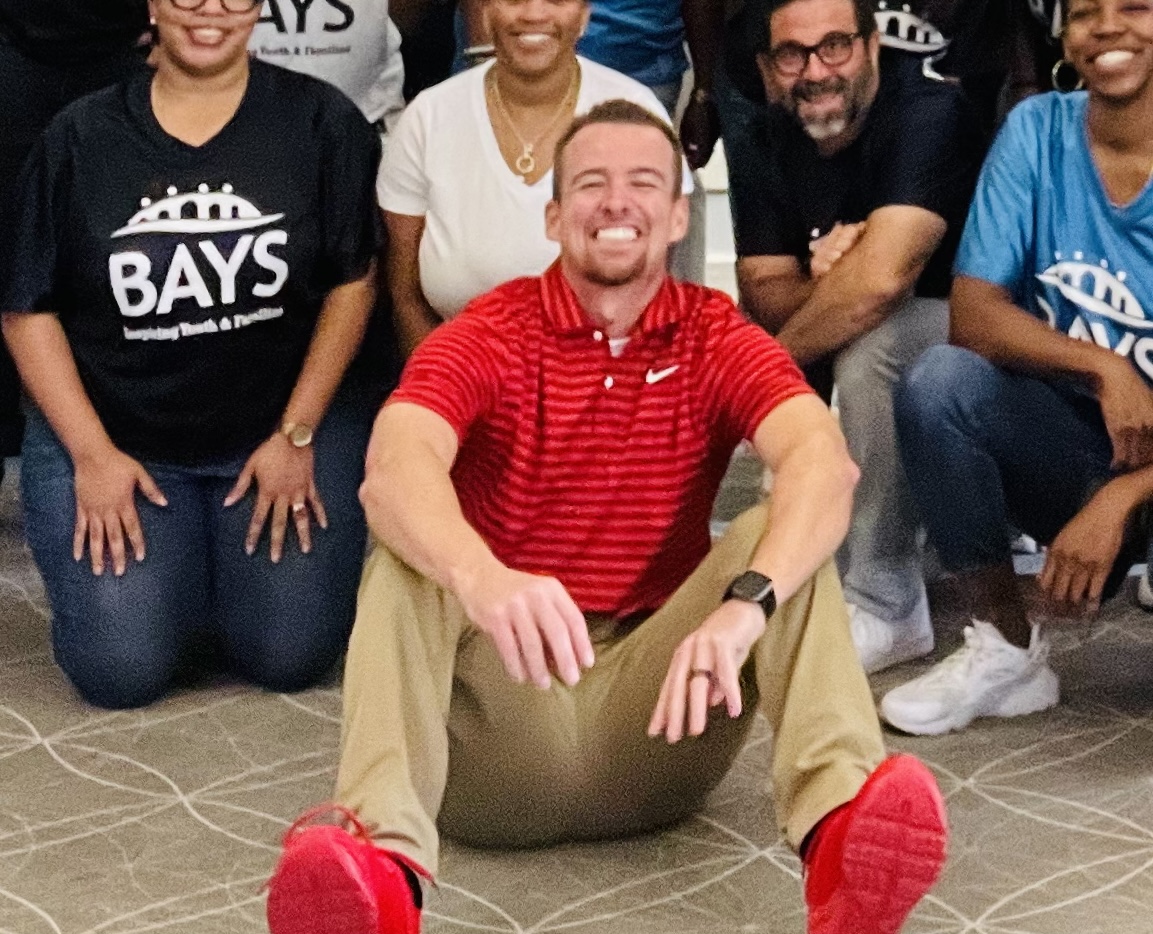The Psychology of Competition: Unleashing Your Team’s Full Potential
- Curtis Campogni

- Aug 22, 2023
- 5 min read
"I hate to blow my own horn, but I gave a lot of people fits" - Bo Jackson
Undoubtedly, physical talent is part of the equation when achieving success in competition. One such example is Bo Jackson, the first athlete to be named an All-Star in two major American sports and ran the fastest NFL 40-yard dash ever.

Still, great teams have players who don't just settle for success; they have an unrelenting desire to achieve greatness. Like Bo, they have coaches and leaders who understand that maximizing mental strength and internal motivation depends on one's understanding of psychology in competition.
This article will explore the role psychological concepts such as Motivational Interviewing (MI), locus of control, controllability, and causality have on team success.
Specifically, how leaders can help enhance their team's performance during competitions on the field or in the workplace.
What is Motivational Interviewing?
MI is a goal-oriented approach that facilitates behavioral change by exploring and resolving ambivalence.
MI evolved from the work of American psychologist Carl Rogers and was later formulated by psychologists William R. Miller and Stephen Rollnick to help navigate the difficulties of inspiring change.
Psychology commonly uses MI to help individuals overcome challenges and improve their well-being. More than 1,000 clinical trials have detailed its effectiveness on motivation and goal completion; however, its applications with teams have gained recognition in recent years. The main objective of MI in competition is to foster an athlete's intrinsic motivation. By tapping into their values, desires, and personal goals, coaches can uncover the underlying factors that drive a person's performance.
Through open-ended questions and active listening, professionals can help athletes reflect on their strengths, weaknesses, and aspirations. This is especially important when the player faces adversity, such as going on a losing streak, or a team member demonstrates burnout because they have a stretch of bad days or weeks.

One of the critical elements of MI in competition is the notion of autonomy. People are more likely to be motivated and committed if they feel a sense of ownership and control over their decisions. The simplest explanation is that we all want the things we create to be successful.
When using MI, the leader empowers their team through non-judgmental feedback and support to envision a plan that ensures they reach their potential.
Coaches can encourage this process by empowering players to identify their goals and develop strategies. By fostering a collaborative and non-judgmental environment, coaches inspire athletes to take responsibility for their progress and create a strong self-belief.
The leader also ensures there is a balance between celebrating successes and challenging them to elevate their game. Psychologist Barak Rosenshine called this premise the 80% rule.
The 80% Rule
Rosenshine created the "Principles of Instruction," which suggests the optimal success rate a coach should strive for is 80%. This is because an 80% success rate demonstrates that the person understands how to succeed and that learning is taking place. But it also shows that they are being challenged because if they succeeded 95% of the time, there would be little incentive to push themselves to reach higher performance.
Either way, your team needs ample opportunity to learn independently and own their achievements. A premise that also aligns with a concept called locus of controllability.
What is the Locus of Controllability?
The locus of controllability refers to the extent to which a person believes they can affect events. How someone perceives their locus of controllability in each situation will positively or negatively impact them during competition.
For example, if a leader is too controlling, the team members may lose faith in their ability to influence the outcome positively. If the team feels their success relies strictly on the coaches' decision-making rather than their independent ability to make sound judgments, it will be the coaches' fault when they fail.

Consider what happens when a quarterback throws an interception. Is it the player's fault for making a poor decision or the coach's fault for making a bad play call? The answer will depend on the perceived local of controllability.
The Importance of Self-Awareness and Locus of Control
MI also promotes the idea of self-awareness. People who recognize their thoughts, emotions, and behaviors can better understand the factors supporting or hindering their performance. By exploring their strengths and areas for improvement, athletes can develop adaptive coping strategies and resilience to overcome obstacles.
Self-evaluation is essential, allowing team members to refine their mindset and skills consistently. The players will be more incentivized to self-reflect if they have a say in the outcome. This self-analysis might also lead to a higher sense of locus of control.
Locus of control is the extent to which a person believes that reinforcements are controlled by their behavior vs. outside forces such as fate. This concept is used in sports psychology to evaluate behavioral potential and the psychological situation.
Individuals with a strong internal locus of control are more likely to take responsibility for their behavior and circumstances, regardless of how influential the external factors may be.

One example is the wide receiver attributing their performance to the quarterback who doesn't throw an accurate ball. Did they drop the pass because the ball was placed in the wrong location or because they lost focus or ran to the wrong spot?
An external locus of control often leads to blaming their teammates rather than analyzing the factors that can help make them more successful. This mindset could inspire a desire to request an external change instead of improving their craft. I.E., "We need a new quarterback."
The Locus of Causality
MI also helps athletes align their actions with their values and goals. By exploring the personal connection to the competition and the desired outcomes, athletes can establish a strong sense of purpose and intrinsic motivation.
This shift from external validation to internal fulfillment fuels an athlete's passion and commitment, ultimately driving their performance on the field. It can also significantly impact the player's locus of causality.
The locus of causality refers to feelings of "want to" or "ought to" and relies on the individuals' beliefs. This concept is closely related to intrinsic and extrinsic motivation and strongly influences emotions.
For instance, does the offense want to win the practice scrimmage because the loser runs laps or because they take pride in winning? Is it because they made mistakes or because the referee called bogus penalties?
While running the laps, does the athlete have shame and doubt about their ability or feel motivated and confident they will play better next time? These answers depend on each person's locus of casualty.
In short, MI in competition is a powerful tool for unlocking a person's full potential. By stimulating intrinsic motivation, promoting autonomy, and enhancing self-awareness, leaders can help others reach new heights. At worst, you build a culture of ownership and a team that feels respected; at best, you create winners that succeed far beyond the field and the office.
Perhaps this is when you, as a leader, reach your full potential as well.
Take the quiz below to determine your current locus of control.
Disclaimer
*Statements on this blog reflect the author's personal opinions and do not represent any other person, company, or organization. The purpose of this blog is general knowledge and to bring awareness to tools, techniques, people, and organizations that bring about positive change. The reader is strongly encouraged to perform independent research about the topics discussed.




Comments